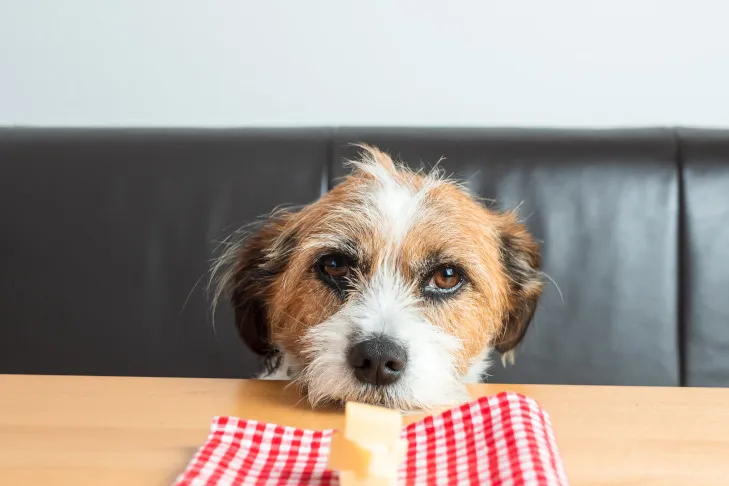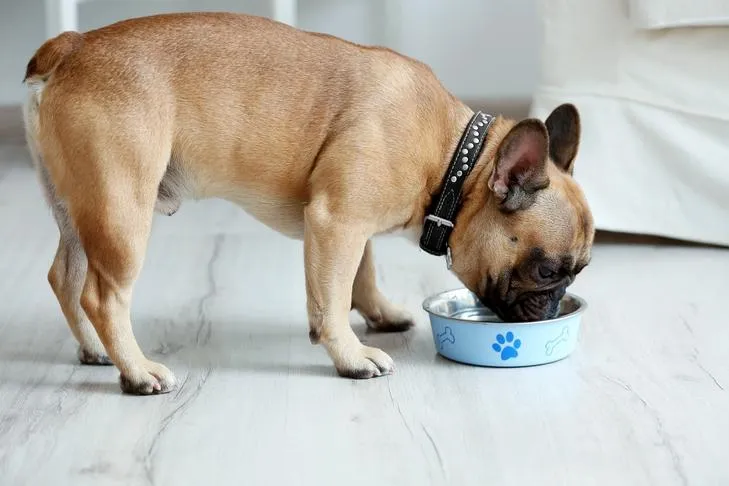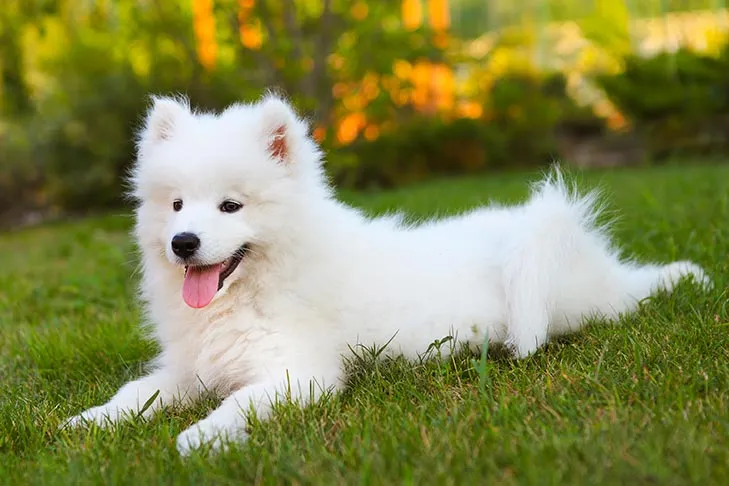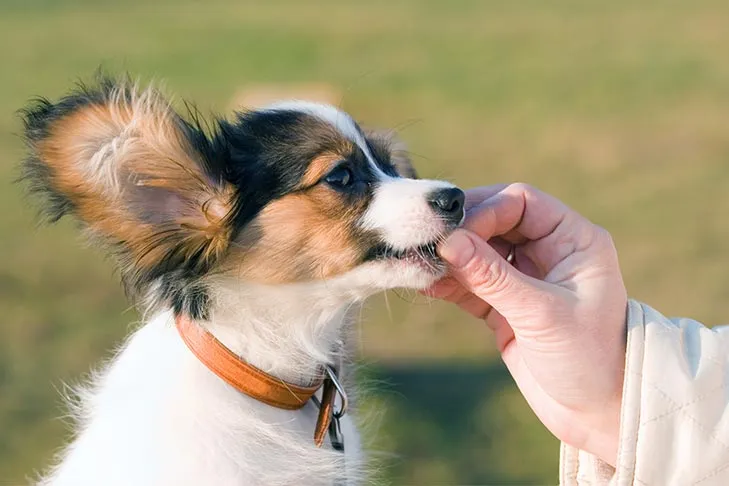Sharing food with our beloved canine companions is a natural part of pet ownership, but it’s crucial to know which human foods are safe for dogs to eat and which can be harmful. As a devoted dog parent, understanding proper nutrition and avoiding toxic ingredients is paramount for your pet’s health and happiness. This comprehensive guide will help you navigate the world of human foods, highlighting safe options that can be offered in moderation as healthy treats and supplements to their regular diet. what human food can my dog eat
From crunchy vegetables to protein-packed meats, many items found in your pantry or refrigerator can be a delightful and nutritious addition to your dog’s diet when prepared correctly. However, always remember that moderation is key, and any new food introduced should be done gradually to observe for adverse reactions. Before making significant changes to your dog’s diet, it’s always best to consult with your veterinarian, especially if your dog has any underlying health conditions, such as diabetes, where specific dietary restrictions apply. what human food can a diabetic dog eat
Safe Human Foods for Your Canine Companion
Many everyday human foods can offer nutritional benefits and enjoyment for your dog. Here’s a closer look at common items you might already have, and how to prepare them safely.
Bread
Plain bread, in small quantities and without spices or harmful ingredients like raisins, is generally safe for dogs. However, it offers little nutritional value and can contribute to excess carbohydrates and calories. Homemade bread is a better choice than store-bought varieties, which often contain preservatives, but it’s often best to limit bread due to its lack of significant health benefits.
Cashews
Cashews can be a healthy snack for dogs when given sparingly. They contain beneficial nutrients such as calcium, magnesium, antioxidants, and protein. While cashews are lower in fat compared to some other nuts, feeding too many can still lead to weight gain. Always ensure they are unsalted to prevent excessive sodium intake.
Cheese
Most dogs enjoy cheese, and it can be a good treat in small to moderate amounts, provided your dog isn’t lactose intolerant (a rare but possible condition). Opt for lower-fat cheeses like cottage cheese or mozzarella. Many dog owners also find specific dog-friendly chews made from dried cheese, which can be a beneficial and enjoyable option for their pets.
 An All American Dog rests its head on a kitchen table, looking intently at a block of cheese.
An All American Dog rests its head on a kitchen table, looking intently at a block of cheese.
Coconut
This tropical fruit offers several benefits for dogs. Coconut contains lauric acid, known for its antiviral and antibacterial properties. It can also help improve bad breath and alleviate certain skin conditions like hot spots, flea allergies, and itchy skin. Coconut milk and coconut oil are also safe. When offering fresh coconut, ensure the furry outer shell is completely removed to prevent choking hazards or intestinal obstruction.
Corn
Corn is a common ingredient in many commercial dog foods, providing essential nutrients. When sharing corn with your dog, always remove it from the cob. The cob is difficult for dogs to digest and can cause serious intestinal blockages requiring veterinary intervention. Opt for plain, cooked corn kernels.
Eggs
Cooked eggs are an excellent source of protein for dogs and can be particularly soothing for an upset stomach. It’s crucial that eggs are fully cooked, as raw egg whites can interfere with biotin absorption, leading to a biotin deficiency over time. Always cook eggs thoroughly before offering them to your pet, whether scrambled, boiled, or poached.
Fish
Fish, especially salmon and sardines, provides beneficial omega-3 fatty acids and amino acids, boosting your dog’s overall health. Salmon is rich in vitamins and protein, while sardines offer easily digestible bones for extra calcium. For most fish, meticulously remove all tiny bones to prevent choking or internal injury. Fish should always be fully cooked and cooled, and limited to no more than twice a week to maintain a balanced diet. Raw or undercooked fish can harbor parasites that are extremely dangerous and potentially fatal to dogs.
Ham
While a small piece of ham won’t harm your dog, it’s not the healthiest option for regular consumption. Ham is typically high in sodium and fat, which can contribute to weight gain and other health issues if given frequently. It should be an occasional treat rather than a staple in their diet.
 A French Bulldog happily eats from a bowl placed on the floor at home.
A French Bulldog happily eats from a bowl placed on the floor at home.
Honey
Honey is a nutrient-dense food, containing vitamin A, potassium, calcium, magnesium, copper, and antioxidants. Small amounts of local honey may help dogs with seasonal allergies by gradually exposing them to pollen, potentially building immunity. Beyond consumption, honey can also be applied topically to minor burns and superficial cuts for its healing properties.
Milk
Dogs can drink milk, but caution is advised. Some dogs are lactose intolerant and may experience digestive upset. If you choose to offer milk, do so in very small quantities and monitor your dog for symptoms of intolerance, such as diarrhea or gas. For most dogs, water remains the best and safest hydration source.
Peanut Butter
Unsalted, raw peanut butter is a fantastic source of protein, heart-healthy fats, vitamins B and E, and niacin for dogs. However, it’s critical to read labels carefully and avoid any peanut butter containing xylitol, an artificial sweetener that is highly toxic to dogs and can cause rapid blood sugar drops and liver failure.
Peanuts
Unlike almonds, plain, unsalted peanuts are safe for dogs in moderation. They offer good fats and proteins that can be beneficial. Due to their fat content, overfeeding can lead to pancreatitis or weight gain, so always offer them sparingly and ensure they are unsalted.
Popcorn
Air-popped popcorn, without salt or butter, can be a safe treat in moderation. It contains riboflavin, thiamine (beneficial for eye health and digestion), and small amounts of iron and protein. Ensure all kernels are fully popped, as unpopped kernels can pose a choking hazard.
Pork
Pork is a highly digestible protein rich in amino acids. It tends to have more calories per pound than some other meats but can be a good option for dogs, especially those with allergies to more common proteins. Ensure pork is thoroughly cooked and free of excessive fat, seasonings, onions, or garlic.
 A fluffy Samoyed puppy lays peacefully in a vibrant green grassy field outdoors, enjoying the natural environment.
A fluffy Samoyed puppy lays peacefully in a vibrant green grassy field outdoors, enjoying the natural environment.
Quinoa
Quinoa has become a popular ingredient in high-quality dry dog foods due to its robust nutritional profile. It serves as a healthy alternative to common starches like corn, wheat, and soy, offering a complete protein source.
Shrimp
Cooked shrimp, with all shells, tails, heads, and legs completely removed, can be a healthy occasional treat. Shrimp are low in fat, calories, and carbohydrates, while being rich in antioxidants, vitamin B-12, and phosphorus. Always ensure they are fully cooked.
Tuna
Small amounts of cooked, fresh tuna can provide beneficial omega-3 fatty acids, promoting heart and eye health. Canned tuna, particularly if packed in water and unspiced, is acceptable in moderation, but be mindful of its mercury and sodium content. Avoid tuna packed in oil or with added spices.
Turkey
Plain, cooked turkey is safe for dogs. Always remove excess fat and skin, and meticulously check for bones, as poultry bones can splinter and cause internal injuries. Avoid giving turkey that has been seasoned with salt, onions, or garlic, as these can be harmful to dogs. what meat to not feed dogs
Wheat or Grains
Grains, including wheat and corn, are not inherently bad for dogs unless they have a specific allergy. In fact, grains provide essential fatty acids, protein, and fiber. If you suspect a grain allergy, consult your veterinarian for dietary recommendations. what is healthy for dogs to eat
Yogurt
Plain yogurt is a suitable snack for many dogs, and the active bacteria can provide probiotics to support digestive health. However, some dogs may have difficulty digesting dairy. Always choose plain, unsweetened yogurt and avoid any varieties containing artificial sweeteners, especially xylitol, which is toxic to dogs.
 A Papillon puppy delicately takes a small treat from an outstretched hand.
A Papillon puppy delicately takes a small treat from an outstretched hand.
Crucial Foods Your Dog Must Avoid
Understanding What Foods Can A Dog Have is as important as knowing what they absolutely cannot. Certain human foods are highly toxic to dogs and can cause severe illness or even death. These include, but are not limited to, chocolate, grapes and raisins, onions, garlic, avocados, macadamia nuts, and xylitol (an artificial sweetener found in many sugar-free products). Always keep these dangerous foods out of your dog’s reach. If you suspect your dog has ingested something toxic, contact your veterinarian or an emergency animal clinic immediately. For more detailed information, you can explore resources on specific meats that are never safe for dogs to consume. what meat should never be fed to dogs
Conclusion
Providing your dog with a varied and nutritious diet can include a range of human foods, as long as they are safe and prepared correctly. Always prioritize your dog’s health by offering these treats in moderation and being vigilant about potentially harmful ingredients. When in doubt, it’s always best to consult your veterinarian for personalized dietary advice. Explore more articles on Dog Care Story to ensure your furry friend lives a long, healthy, and happy life.
